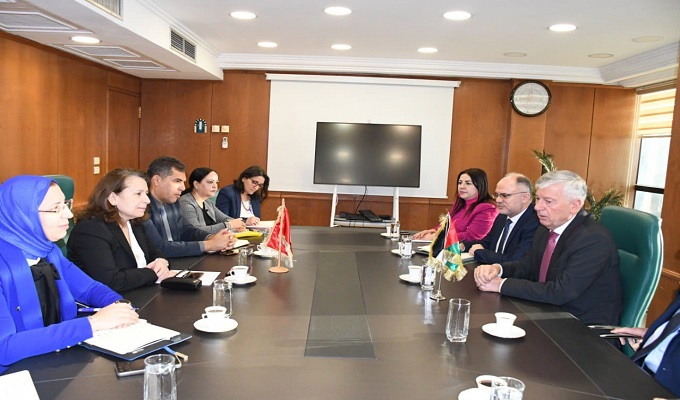Tunisia, under President Kaïs Saïed, and Palestine recently signed five cooperation agreements in the industrial sector, aimed at strengthening their partnership in accreditation, recognition of conformity certificates, and quality standards.
These agreements are meant to be a significant step in bilateral cooperation, but they raise legitimate questions about their real value, given the current industrial situation in both countries, according to analysts.
The agreements mainly concern the exchange of expertise between Tunisia’s National Institute of Standardization and Industrial Property (INNORPI) and its Palestinian counterpart. However, it is hard to see how such an exchange could lead to substantial industrial development.
The reality is that neither Tunisia nor Palestine has an industrial base to benefit from such initiatives. Tunisia, while it has some industrial sectors, suffers from many structural weaknesses: limited competitiveness, excessive dependence on certain industries, and a lack of innovation.
Palestine, on the other hand, has almost no industrial infrastructure. In this context, the normalization agreements remain irrelevant due to the lack of real industrial capacities to support them.
Tunisia’s Minister of Industry, Fatma Thabet Chiboub, emphasized the importance of these agreements, reaffirming Tunisia’s support for Palestine’s development. While this support is commendable diplomatically, it seems primarily symbolic. In reality, Tunisia cannot seriously claim to help Palestine develop an industry that does not exist. The minister’s remarks only highlight the absence of concrete industrial projects behind these agreements.
Similarly, Palestinian Minister of Industry, Arafat Asfour, emphasized the economic complementarity between the two countries, but this complementarity remains unclear.
The agreements remain empty promises, merely serving as a façade to mask the lack of real progress in Tunisia’s industrial sector.

